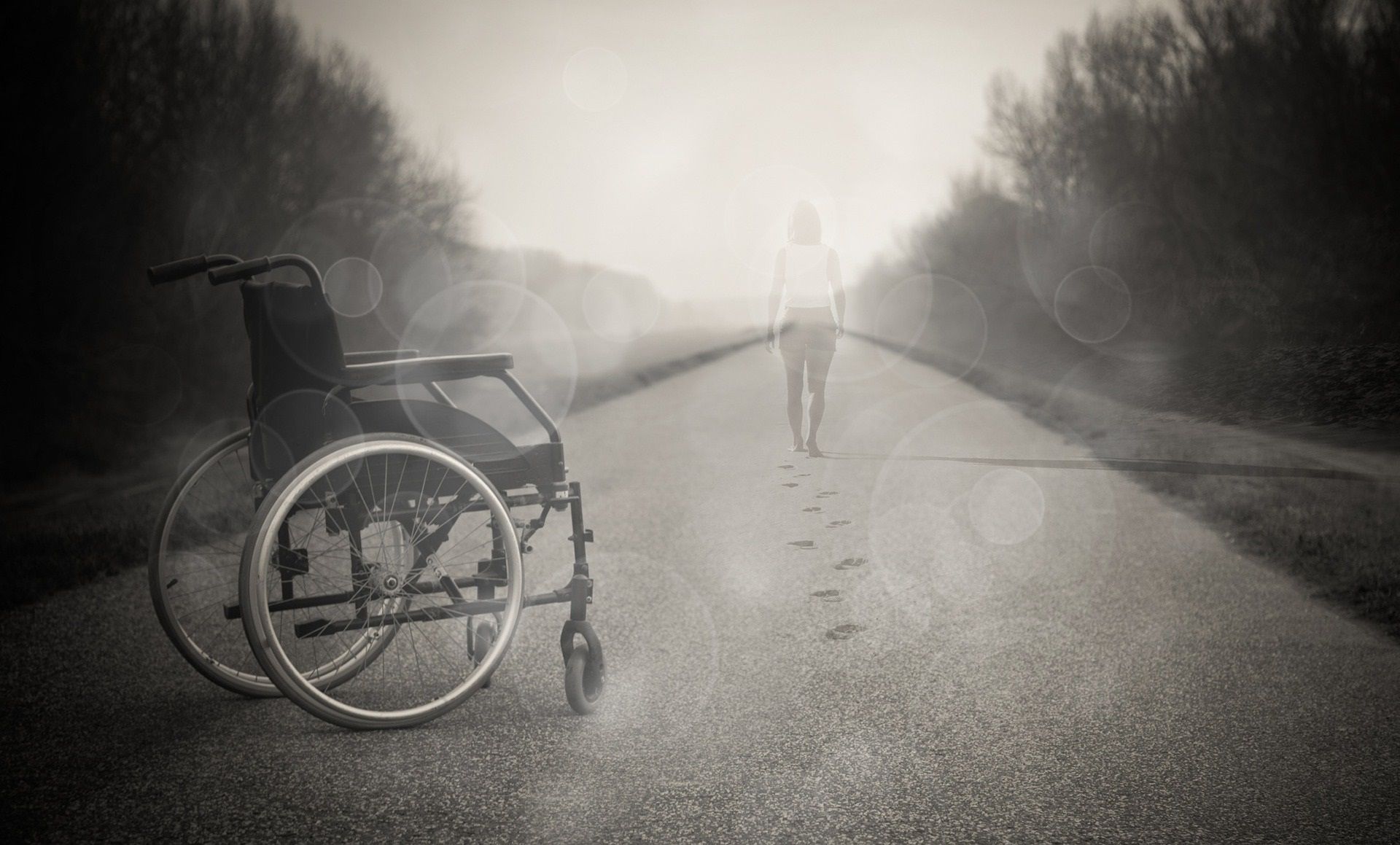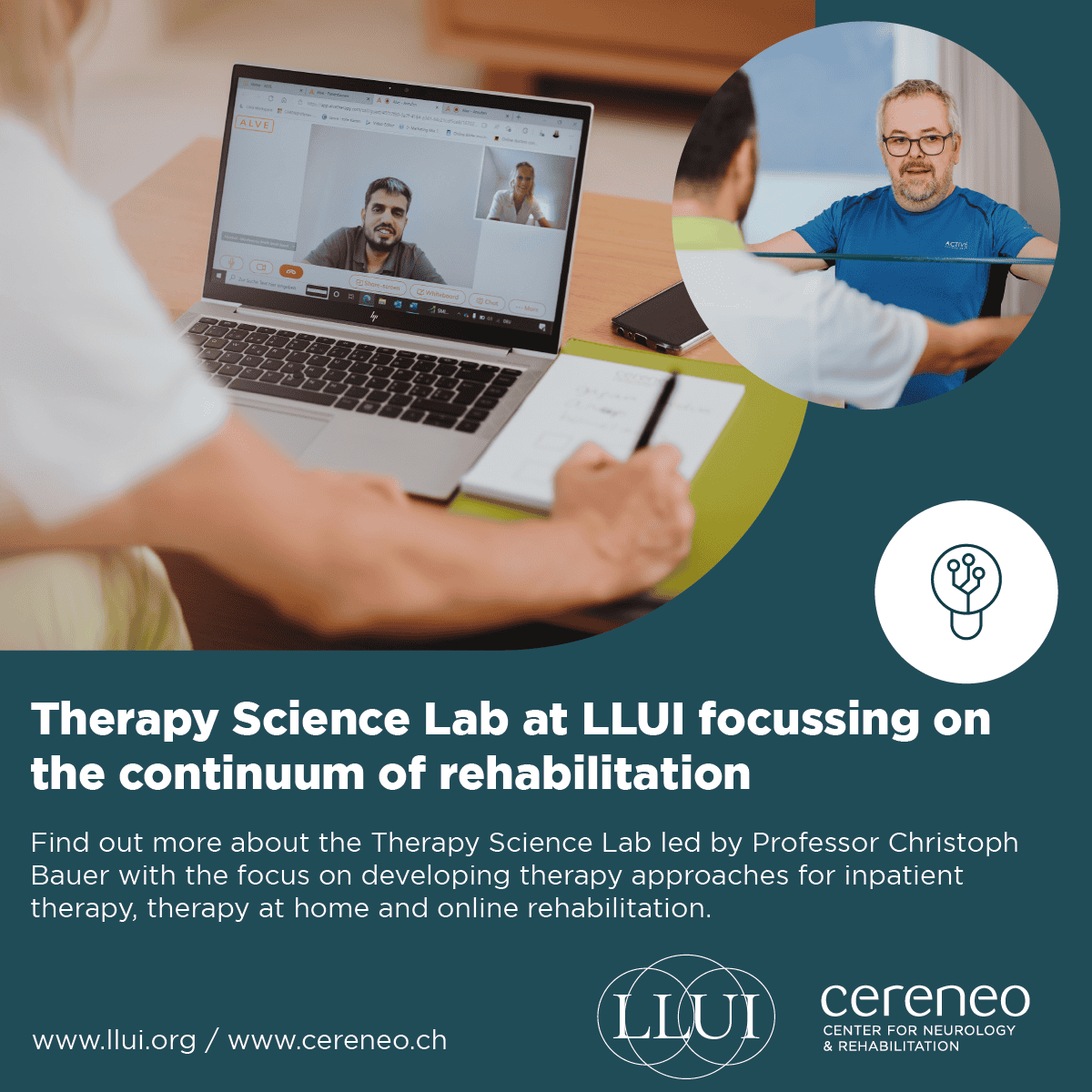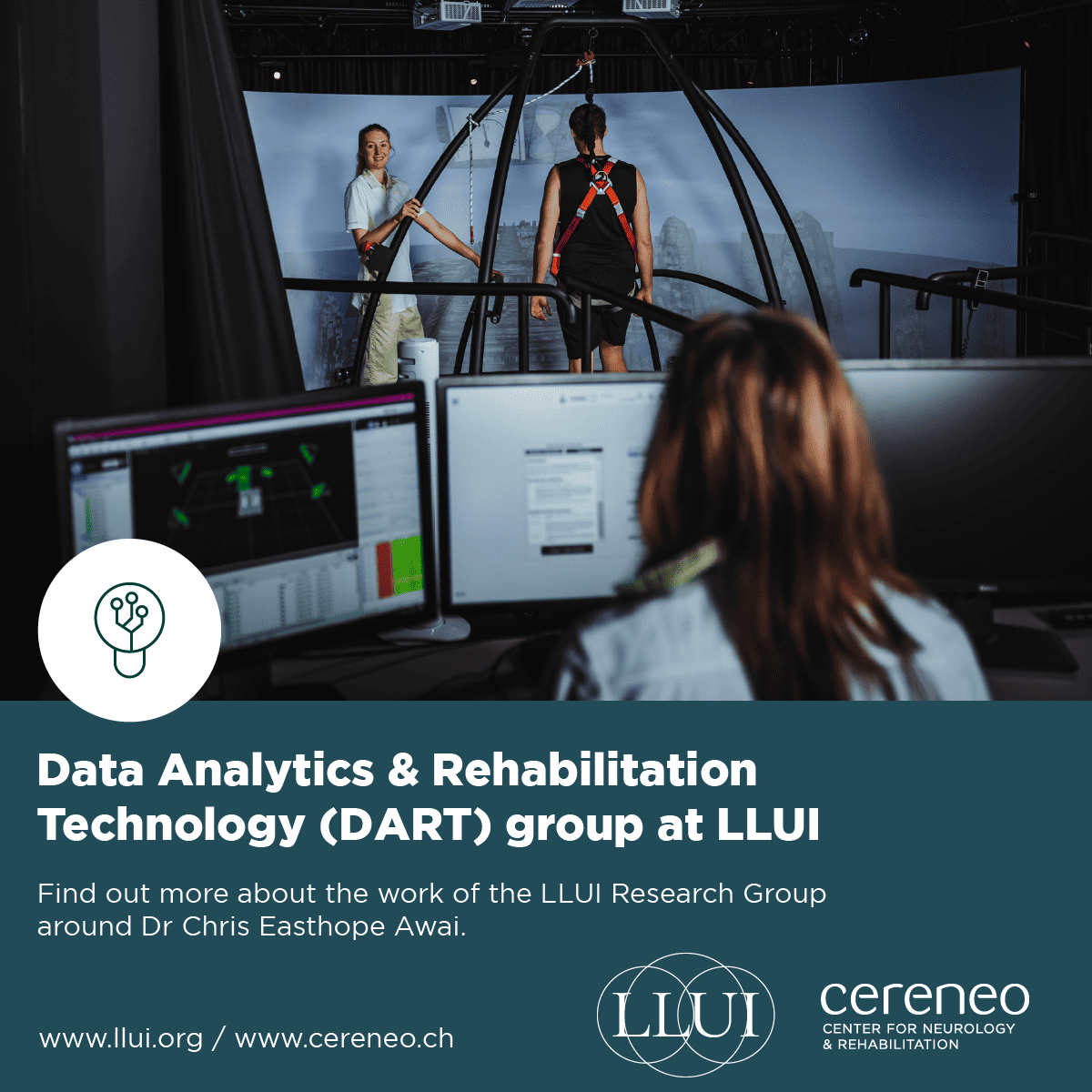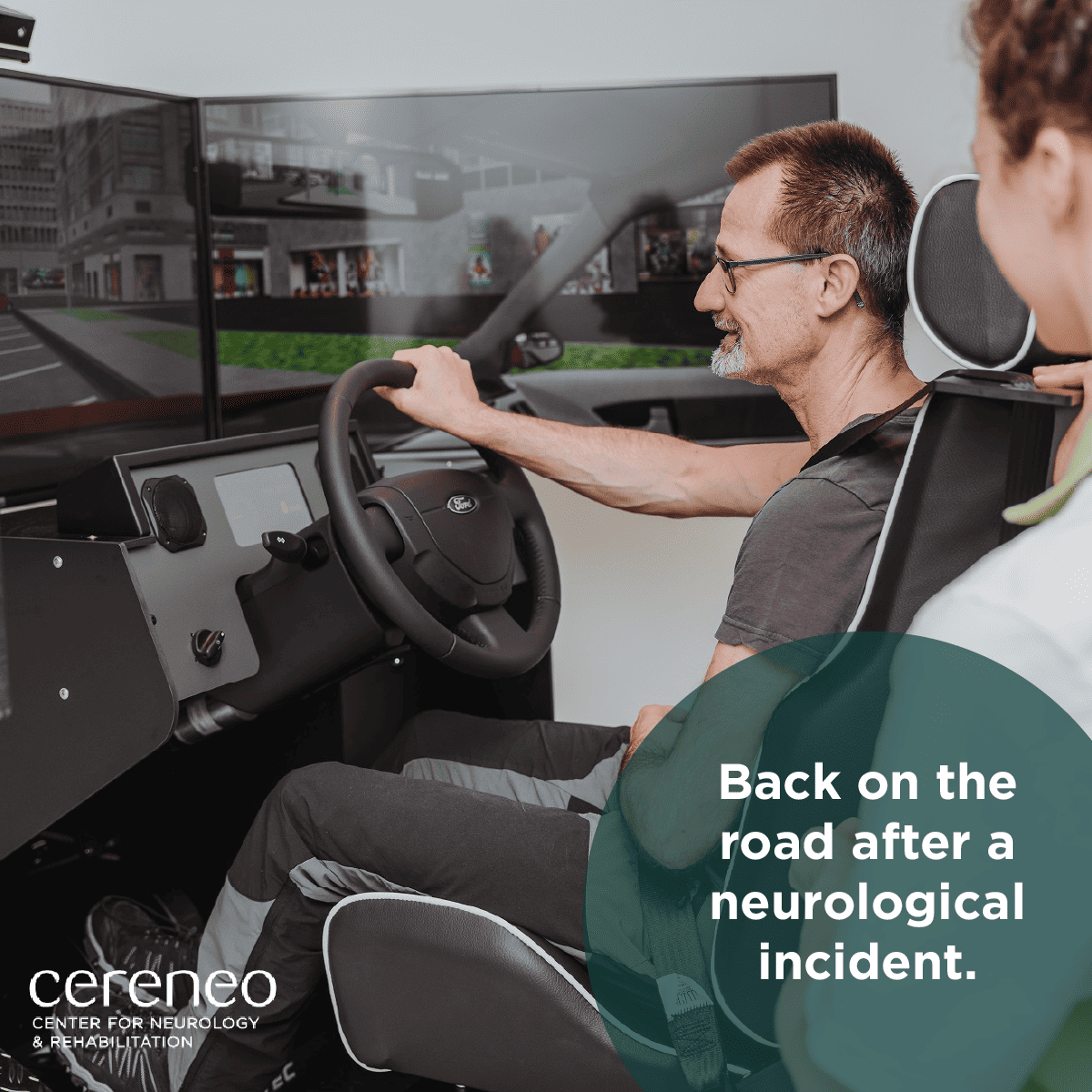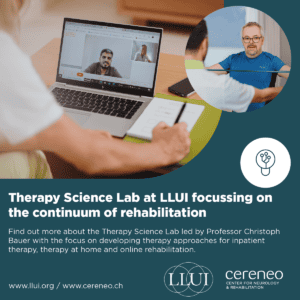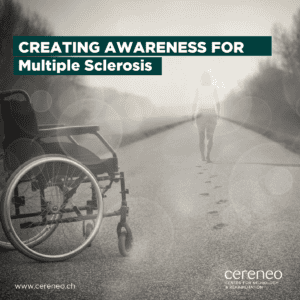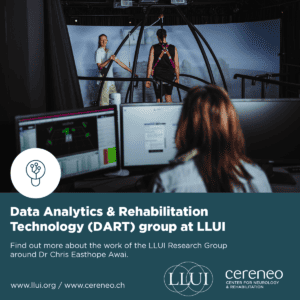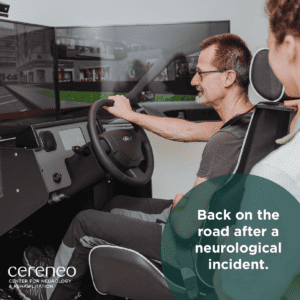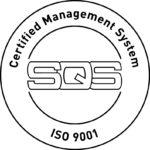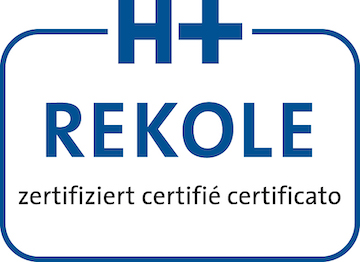A stroke is worldwide the number 1 reason for a permanent impairment. Globally, one in four people above the age of 25 will have a stroke in their lifetime. This means for Switzerland that every 35 minutes someone is suffering a stroke. But time can save lives and improve the recovery of brain functions. Thus, it is important to be able to recognise a stroke and act quickly.
Typical symptoms are – usually one sided – face drooping, arm weakness, speech difficulty, numbness, confusion or trouble seeing or walking.
To create more awareness for stroke and its prevention, we want to provide people with some basic knowledge about stroke:
What is a stroke?
It is a clot obstructing the flow of blood to the brain (ischemic stroke) or by a blood vessel rupturing and damaging the surrounding tissue (hemorrhagic stroke).
What can cause a stroke?
Main risk factors for a stroke are:
- high blood pressure,
- cigarette smoking or second-hand smoke exposure,
- high cholesterol, diabetes as well as a high-fat diet,
- heavy alcohol consumption and drugs,
- undetected heart rhythm disturbances.
Changing already 1 of these risk factors can tremendously reduce the risk for a stroke.
Also after a stroke chances can be good for complete recovery!
To increase chances, it is crucial to start rehabilitation as fast as possible. This allows for true recovery instead of opting for compensation strategies.
What does this mean?
True recovery can be reached within the first view weeks after a stroke, but ALSO at a later stage with an intense inpatient rehabilitation and focuses on restoring lost body functions instead of compensating them with aids or turnarounds. An intense assessment usually shows, which functions can be recovered, e.g. walking independently instead of using a wheelchair or rollator.
At cereneo we offer Check-ups and health assessments for patients who have vascular risk factors and/or a positive family history or who have already suffered a transient ischemic attack, a stroke or heart attack. Our team of neurologists is happy to give you advice.
Data source: World Stroke association
